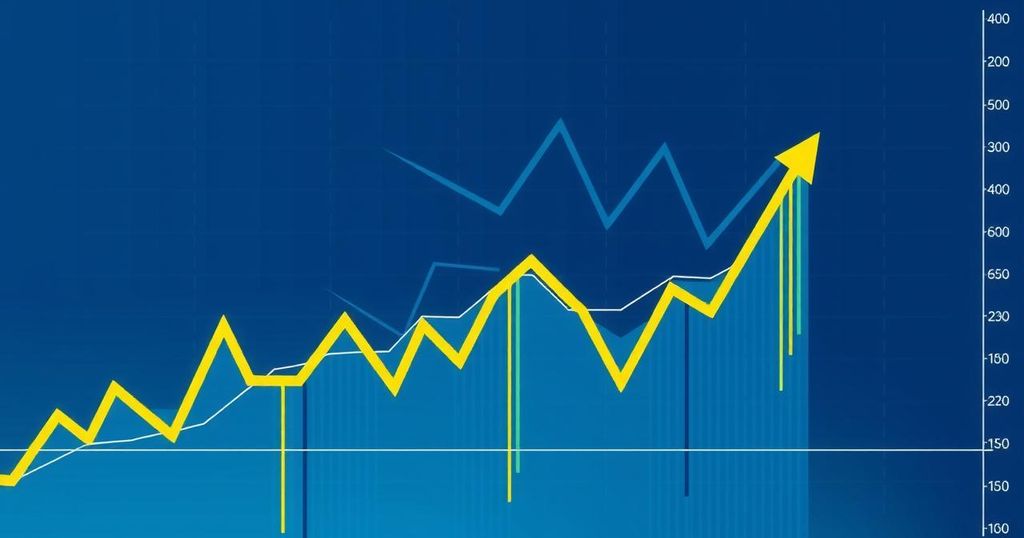YPF Faces Financial Struggles Amid Rising Costs and Debt in Q1
YPF reported a net loss in Q1 driven by increasing debt and costs despite an anticipated $8 billion energy trade surplus. Collaborations in lithium extraction and planned LNG expansions highlight the company’s attempts to manage challenges. Yet, financial strains and industry shifts complicate its outlook significantly.
Argentina’s leading energy company, YPF, has reported a turn to a net loss in the first quarter of the year. This significant financial shift stems from escalating debt levels and rising operational costs, raising concerns among investors regarding its financial health. Notably, the company’s stock has been struggling, reflecting broader market sentiment.
The loss comes amidst predictions of an $8 billion surplus in Argentina’s energy trade balance this year, painted in contrast to YPF’s current woes. There have been multiple developments in the energy sector, including YPF’s collaboration with Israel’s XtraLit on lithium extraction projects aimed at bolstering the local economy. However, the ongoing financial challenges for YPF could overshadow these initiatives.
Adding to YPF’s challenges, adjustments in the global energy market—particularly with lower crude prices—have put pressure on earnings forecasts. Analysts remain cautious and some have even downgraded YPF’s stock, despite potential benefits from the company’s operations in the Vaca Muerta shale formation, which reportedly remains profitable.
YPF’s leadership is grappling with how to address these losses effectively. Even as there are plans to introduce a second LNG liquefaction vessel by 2028 to enhance capacity, the financial strain is palpable. Reports emerge that YPF will not pursue building a land-based LNG plant, leading to speculation on alternative strategies moving forward.
These recent developments reflect broader trends in Argentina’s economy, where inflation and shifts in currency value persist. Investors are weighing prospects carefully as YPF navigates through this turbulence, with several metrics pointing toward a testing time ahead.
In summary, YPF’s recent shift to a net loss due to rising debt and costs raises questions about its long-term viability. This comes amidst promising energy surplus projections for Argentina, illustrating a challenging landscape, blending opportunities with financial difficulties. Investors should keep a close eye on the company’s adjustments and plans, especially with promising projects and ventures coming into the pipeline.
Original Source: www.marketscreener.com




Post Comment